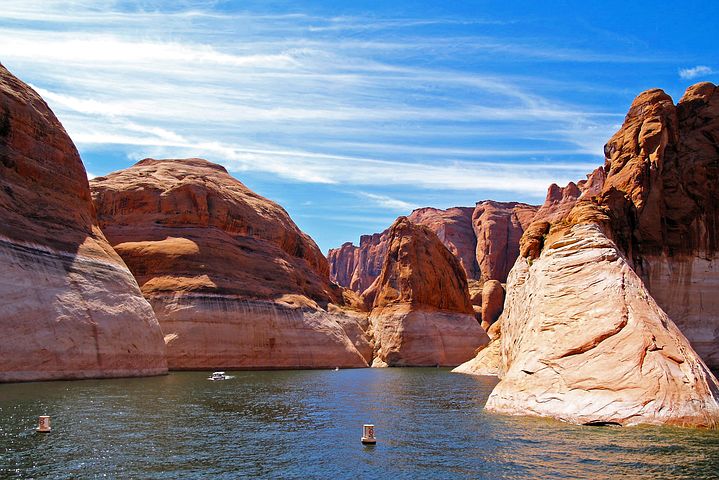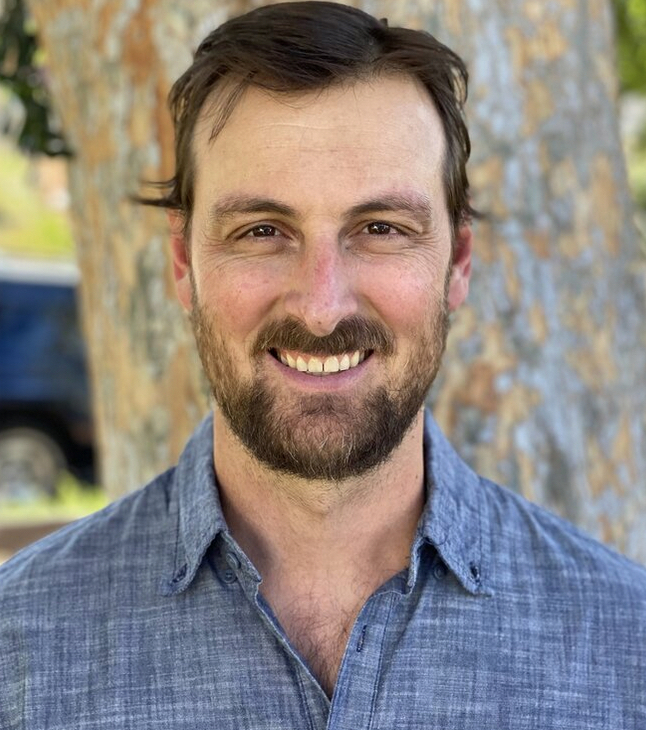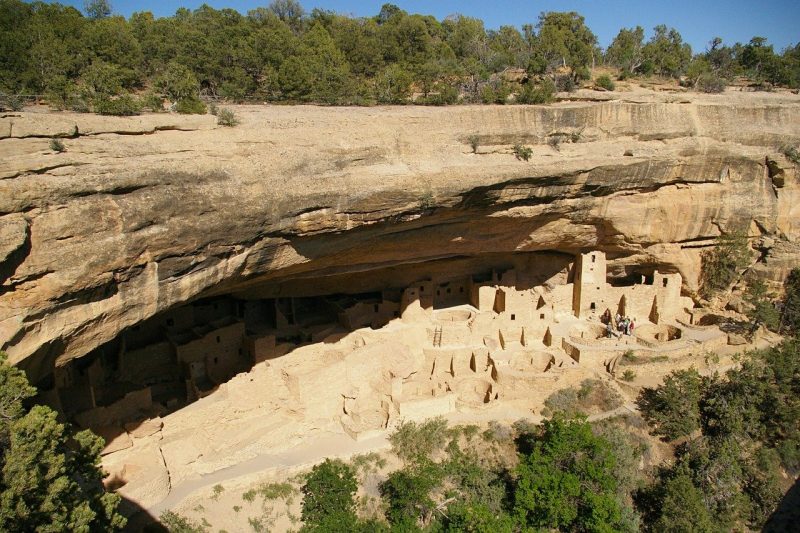
Worst megadrought in 1200 years?
Scientists said February 14, 2022, that the megadrought currently going on in the American West could be worse – both drier and longer – than droughts going back to the year 800 CE. A team of experts at UCLA, led by Park Williams, used the study of tree rings, or dendrochronology, to identify dry periods within the last 12 centuries. The longest one before now happened in the 1500s, but this century’s, they said, might break that record.
A megadrought is an unusually severe drought lasting at least two decades.
Nature Climate Change, a peer-reviewed journal, published the study February 14, 2022.
EarthSky 2022 lunar calendars now available! Order now. Going fast!
And it’s not over yet
Trees grow a new encircling ring of wood every year. The thinner the ring, the drier the year. The thicker the ring, the wetter the year. So, by looking at the pattern of rings in the wood of old trees, scientists can determine the dates of droughts. The wood in this study came from both dead and live trees (the scientists use a tool called a borer to extract a section of the rings from living trees), and from wooden components of ancient Native American structures.
Williams said that the drought, already considered the worst in 500 years, reached another record in 2021. He said that 2021’s lack of rainfall …
… really pushed it over the top.
Williams continued:
And then from summer 2020 through all of 2021, it was just exceptionally dry across the West … indicating that this drought is nowhere near done.
The scientists said they believe the drought in the U.S. West – which has already lasted 20 years – could last at least 30 years. If so, it would meet the record set in the 1500s.

Human-caused climate change
Williams and his team attribute part of the megadrought to human-caused climate change. He said his study and others show that, although a drought would have occurred anyway:
Its severity would have been only about 60% of what it was.
Williams explained that only multiple wet years could break the drought. He said:
It’s extremely unlikely that this drought can be ended in one wet year.

Effects of a megadrought
Consequences of a megadrought include effects on farming, on water supply for Western cities, and on the livability of Native American land. Droughts from 900 to the 1300s caused disruption in the lives of ancient Native American people. They caused the migration of tribes and collapse of societies, such as the cliff dwellers of what would now be the Four Corners area (where the Colorado, Utah, Arizona and New Mexico borders meet).
A previous paper by Williams, published in Science, described the drought of 2000-2019 as the 2nd-longest drought since the 1500s. The current paper updates this estimate and describes the drought as the longest since the 1500s.
Bottom line: The megadrought of 2000-2021 might exceed the record droughts since the year 800, causing disruption to life in the American West.
Source: Rapid intensification of the emerging southwestern North American megadrought in 2020–2021











